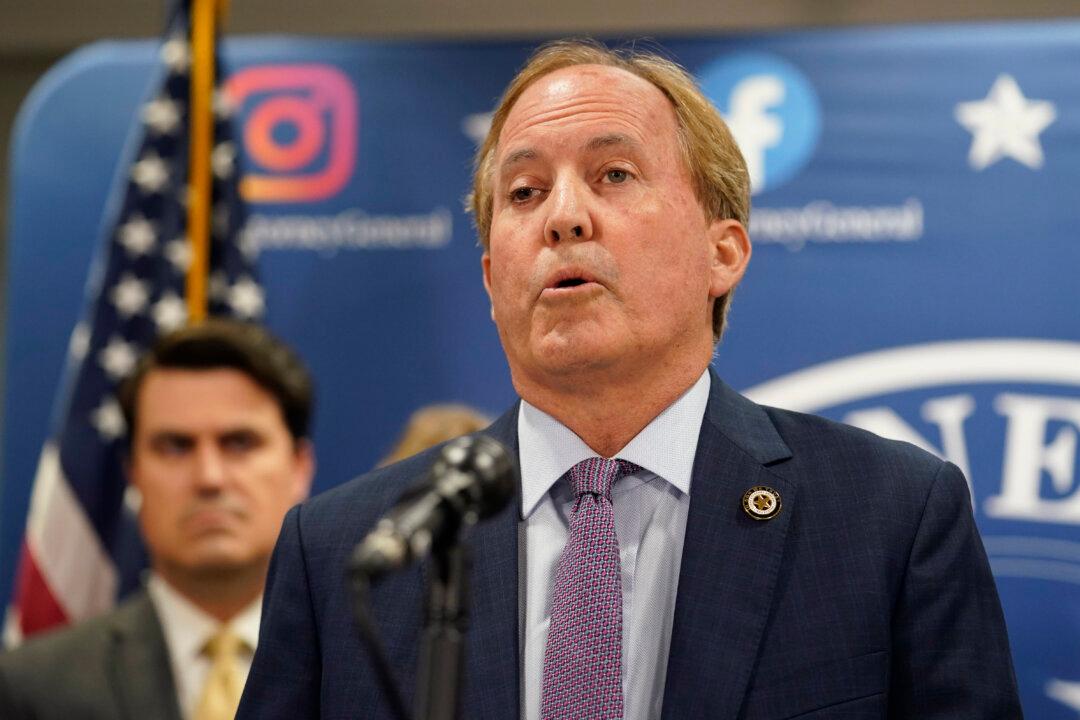Texas lawmakers are finalizing preparations for the historic impeachment trial of suspended Attorney General Ken Paxton.
On Tuesday, just a week ahead of the pending trial, state senators met at the state Capitol to go over rules and procedures. Steven Aranyi, a spokesman for Lt. Gov. Dan Patrick, confirmed to The Dallas Morning News that no voting on any pending motions took place during the closed-door session, including Mr. Paxton’s motions to dismiss the articles of impeachment.





